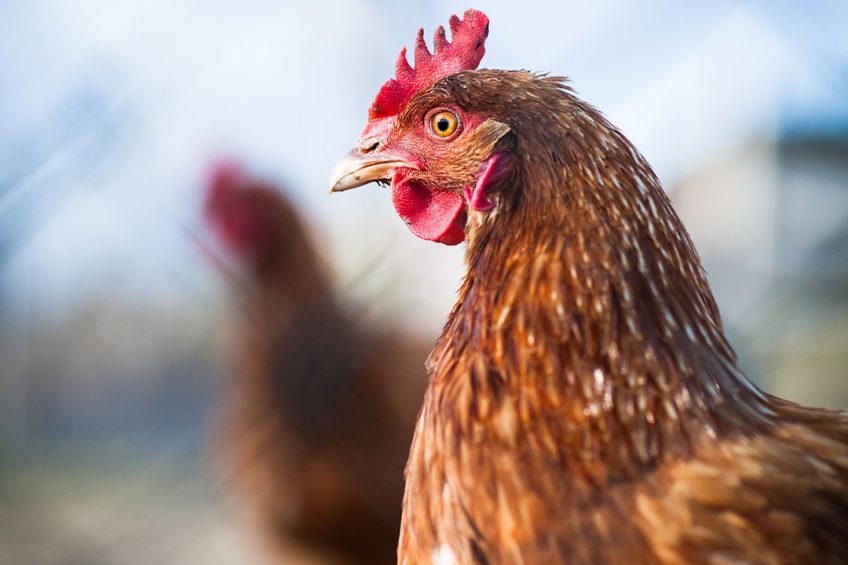Call for stricter EU salmonella targets

The European Food Safety Authority (EFSA) has said that setting stricter targets for salmonella in laying hens at farm level “could help reduce cases of this origin by a half”.
some salmonella strains to 2%. EFSA has estimated that if this was reduced to 1%, salmonellosis cases in humans transmitted via laying hens would drop by 50%.
The agency also recommends changes to the types of salmonella that are targeted for reduction in breeder hens, to reflect changes in prevalent strains affecting human health today.
Role of housing systems in salmonella levels
And it also assesses the role played by housing system for laying hens, saying colony caged hens tend to have higher salmonella levels than birds housed in alternative systems (barn, free-range and free-range organic).
EFSA:
“Experts conclude that the occurrence of Salmonella is lower in hens that are reared in alternative housing systems than in cage systems. However, the reasons cannot be fully explained due to a lack of scientific evidence.”
Salmonella occurrences link with stock density
The agency does, however note a conclusive link between increased stocking density, larger farms and stress result in increased occurrence, persistence and the spread of Salmonella in laying hen flocks.
Salmonellosis 2nd most common foodborne disease
Salmonellosis is the second most common foodborne disease after campylobacteriosis in the EU and is an important cause of foodborne outbreaks. In 2017, Member States reported 91,662 cases in humans.
The full report, Salmonella control in poultry flocks and its public health impact












